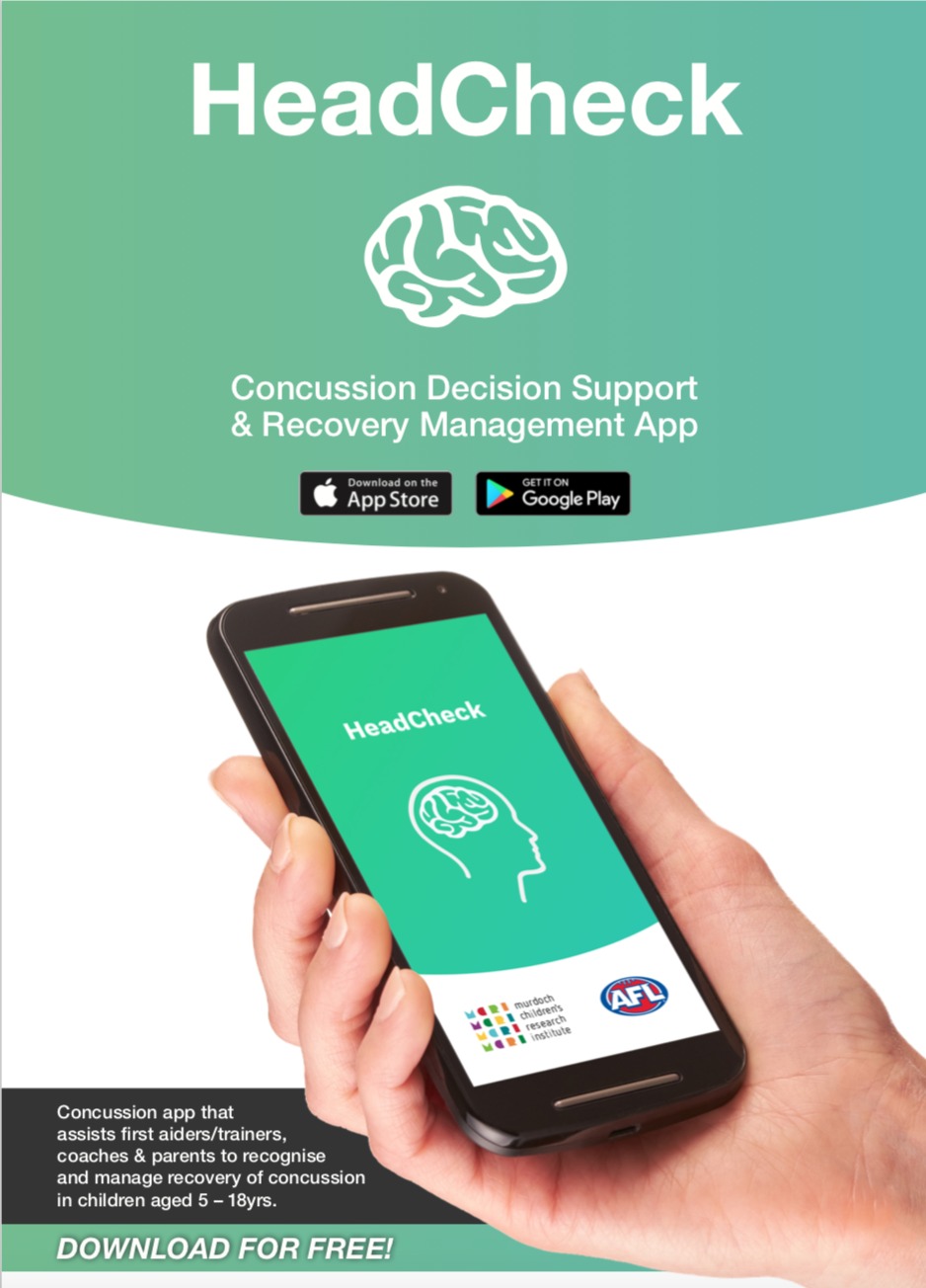The season is upon us, and this year I have been asked to work with the committee to build Education, throughout the football club, related to Junior Footballers’ Health and Safety. The topics I cover will be broad, topical and hopefully have an impact immediately on our youth. Many guidelines have been detailed by the AFL Community Division of the AFL. These will always be the reference point for each communication, with an added dimension wearing my Sports Physiotherapy Hat.
Leanne Rath
Sports Physiotherapist
TOPIC #1: GROWTH RELATED INJURIES IN JUNIORS
http://www.aflcommunityclub.com.au/index.php?id=336
The majority of our boys and girls have not finished growing and we all would do well to spend some time to understand what that means, when they play a contact / impact sport. Generally, kids with skeletal immaturity (open growth plates) tend not to tear muscles or get tendinopathy, like adults. The forces of playing football and other impact sports, concentrate at the weakest link in the chain – the growth plate. See the website above on the AFL community club website which details some of the common locations of soreness experienced by our growing active kids. Sometimes the symptoms in these areas are cyclical depending upon growth rates, total sports load and intensity. They come and go until the growth plate fuses, growth stops and the skeleton is skeletally mature.
Here are a few golden rules (in addition to those on the website) that may help you to manage your child through their active growing years in Australian Rules Football:
- painful growth plate areas are an expression of LOAD
- helping our kids become pain free means LOAD MANAGEMENT
- look out for vulnerable times
- after being off sport due to illness, injury or other reason
- finishing the season of one sport whilst the next sport starts to do preseason during growth spurts
) LOAD MANAGEMENT does not have to mean missing games – it is ideal to keep playing and having fun – drop back on training in those symptomatic and painful times and “ride it out”
5) Icing the growth plate area in the quarter breaks to get through a game indicates rest is required
6) Did you know that a growing number of adolescents experience chronic pain? This is devastating and depends on appropriate pain management through the growth YEARS. This starts here and now at Bentleigh Junior Football Club.
Looking forward to alerting you all to the AFL Community Club guidelines of health and safety that Bentleigh Football Club follow.
Go Demons!
Lea Rath
Specialist Sports Physiotherapist FACP
TOPIC #2 - MANAGEMENT OF CONCUSSION
BJFC follows the AFL Community Guidelines for the Management of Concussion in our players. These guidelines were updated prior to the commencement of the 2017 season. A new aspect of the 2017 guidelines was added specifically focusing on the care of players aged 5-17 years. Detailed description of these guidelines, along with a number of valuable resources, can be found at http://aflcommunityclub.com.au/index.php?id=66. Our aim is to raise Club community awareness of what the signs of concussion are and to manage each player according to these guidelines, without exception.
You may want to have quick reference to this information in the form of a pocket card. This can be downloaded from - CRT pocket card (Concussion Recognition Tool)
As a parent, you may wish to have a clear definition of what concussion is and how you can help your child. Please refer to Guidelines for Parents.
Players can educate themselves about concussion, what it is and what the rules are guiding the return to training and competition Football. Older players may be fully responsible for their health and would be well advised to read Guidelines for Players.
For a full description of the guidelines see Concussion Management Booklet.
Any concussed player must not be allowed to return to school or return to sport before having a medical clearance.
The clearance must be provided to the relevant Team Manger, Coach, Assistant Coach, Trainer Co-ordinator and Club Secretary.
If there are persons at the club interested in joining a health and safety committee please contact Paul Jemmeson on 0422 004 348
As a football club, we are committed to the duty of care to all playing groups, at all levels. Structured and evidence-based identification and management of Concussion is one part of that commitment.
HeadCheck App
FIRST AIDER/TRAINER DECISION SUPPORT
Helps Trainers & Coaches to recognise the symptoms of a suspected concussion and its severity.
Advises when to call an ambulance, go to hospital or GP. Lists child’s symptoms observed to tell paramedic/doctor.
Supports trainers on advising parents during high stress situations.
SUPPORTING PARENTS
Parents experience high levels of uncertainty and anxiety when managing their child’s concussion recovery.
HeadCheck’s recovery program is based on the child’s symptoms and tailored to the individual.
HeadCheck guides parents on their child’s safe return to school, training & games.

BENTLEIGH AUSKICK
To register go to www.aflauskick.com.au
Type "Bentleigh"into Centre Locator
BENTLEIGH FOOTBALL AND NETBALL CLUB
www.bentleighfc.com